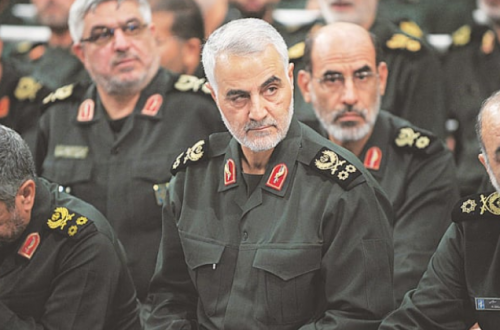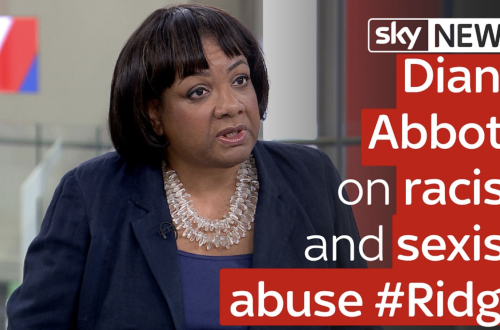Today’s topic for debate on The Big Questions was ‘Are religions unfair to women?’ Richard Dawkins wasn’t far off here:
BBC Big Questions is an amazing weekly advertisement for atheism. Make a point of watching it.
There were some liberal religious voices, admittedly. One Christian woman emphasized the importance of updating the teaching of the Bible in order to keep up with changing values. The main Muslim speaker, Rania Hafez, represented a highly liberal strand of Islam. She seemed to agree unhesitatingly that inequalities relating to inheritance laws and the status of female witnesses should be updated (33:30), and here (34:20) she quoted from, I think, the Qur’an, saying: ‘you have to see beyond the words I am using’. This is, in a sense, a helpful approach – although it perhaps doesn’t say much for people’s holy books that they could all be improved by a strong dash of Humpty-Dumptyism.
When I use a word,’ Humpty Dumpty said, in rather a scornful tone, ‘it means just what I choose it to mean — neither more nor less.’
‘The question is,’ said Alice, ‘whether you can make words mean so many different things.’
‘The question is,’ said Humpty Dumpty, ‘which is to be master — that’s all.’
There was quite a bit of competition for the prize of most annoying guest. A strong contender was a young Christian woman whose main goal seemed to be to persuade everyone that women were subordinate to men, at least within the contexts of church and family. Considering her perspective on her sex’s proper place, she was remarkably forthright when it came to asserting her views on this matter.
Rabbi Shmuel Arkush was no great advertisement for the superior powers of male reason. He tried to argue that he might offend a woman if he shook her hand. It was suggested that a refusal to shake a woman’s hand might be rather more likely to cause offence. When asked, by Professor Francesca Stavrakopoulou, why women were unclean for twice as long after giving birth to a female child, Arkush explained that the concept of ‘uncleanness’ was different within a religious context – if you tread on a creepy crawly, that makes you unclean he explained, or rather failed to explain.
Whereas Islam was represented by an uncharacteristically soft voice, Judaism’s spokesman seemed unusually conservative (and tetchy and patronizing as well). However I don’t believe there is a systematic problem with the programme in this regard, and in a sense conservative Islam was represented – through ‘Alison’ from CEMB forum. She had to wear a wig and dark glasses – a fact which brought home the reality of the apostasy taboo, although she explained that her particular concern was the safety of her family in Iran. She articulated (31:00) her sense that Islam treated women as objects, as inferiors.
In a late bid to prove herself the most annoying guest, a Catholic woman (55:42) – responding implicitly to the Rabbi’s issues with hand shaking which he had attributed to ‘respect’ – claimed that secular feminists were crying out for respect, and decried what she called the ‘brutalism’ of secularism. I can do without that kind of respect, and attributing ‘brutalism’ to secularism is a bit like calling atheists ‘militant’ – a hostage to fortune, although unfortunately there wasn’t time to challenge her stupid point properly.
A Hindu guest explained the importance of women as both priests and goddesses in her religion. This was one of the best arguments against the question’s premise on the programme – less because Hinduism seems to be a more equal ops religion but because largely Hindu India has, in many areas, a very poor record on women’s rights. This suggests that more female-friendly aspects of religion are vulnerable to being overlooked or rejected, a process, Stavrakopoulou suggested, which had also affected both Islam and Judaism over the centuries.


